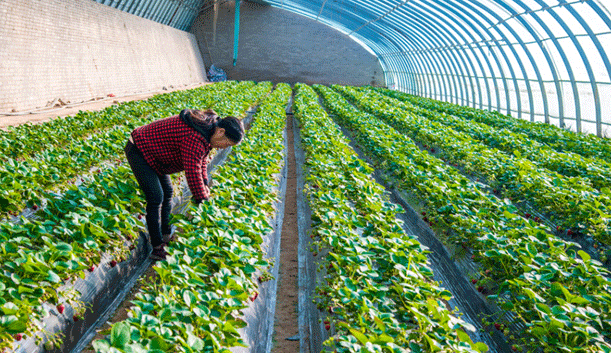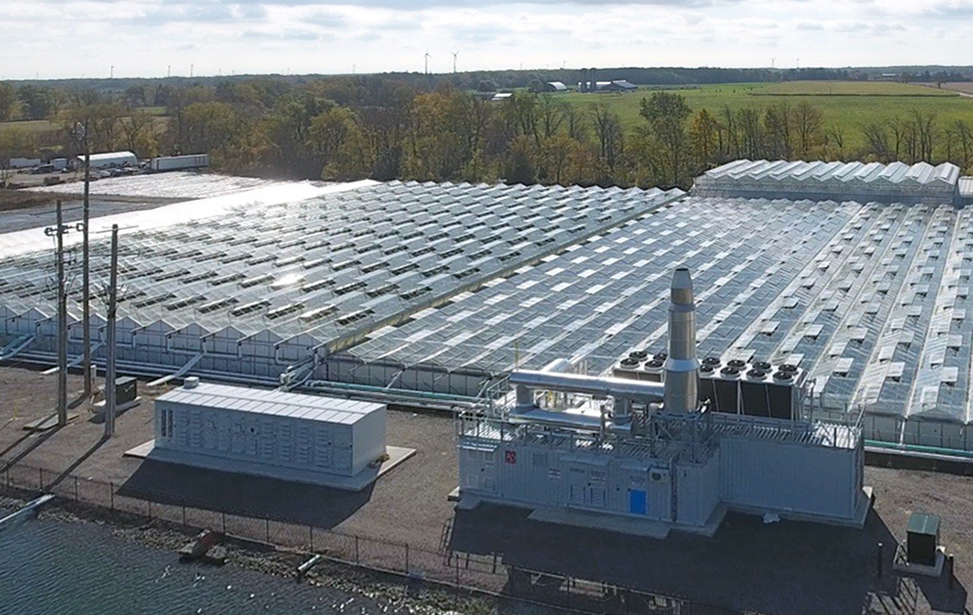Nestled in the arid landscapes of Gansu Province, Dunhuang City has turned its greenhouse farming industry into a cornerstone of rural revitalization. Through the adoption of scientific practices, scaled production, and diversified crops, the city has redefined agriculture in challenging conditions. This article explores how Dunhuang’s greenhouse economy is flourishing, especially during winter, and its impact on local communities.
The Rise of Greenhouse Farming in Dunhuang
Dunhuang’s focus on high-value crops and modern farming techniques has brought significant changes to its agricultural practices:
- Expansion of Greenhouse Agriculture: The city now has 7,437 acres of greenhouse farming, with 55 high-tech greenhouses in the Leijiadun Ecological Agriculture Park alone.
- Crop Diversity: Key crops include strawberries, ginseng fruit, dragon fruit, and Provence tomatoes. These are complemented by staple vegetables like peppers, zucchini, cucumbers, and leafy greens, catering to both local and national markets.
- Demonstration Sites: In 2023, Dunhuang established 10 demonstration sites, each spanning over 100 acres, showcasing advanced agricultural practices to other rural communities.
Economic and Social Impact
- Increased Farmer Income: Greenhouse farming has significantly boosted yields, allowing farmers to supply fresh produce year-round. This has led to a measurable increase in household income for participating farmers.
- Tourism and Agri-Experiences: The Leijiadun Ecological Park doubles as an agro-tourism destination, attracting visitors to pick fresh fruits and learn about greenhouse operations, adding a supplementary income stream for the region.
- Job Creation: The expansion of greenhouse farming has created employment opportunities in operations, logistics, and agritourism.
Technological Advancements Driving Growth
Dunhuang’s greenhouse success is rooted in its embrace of technology:
- Climate Control Systems: Advanced systems maintain optimal growing conditions in the greenhouses, overcoming the challenges of the harsh desert winters.
- Precision Agriculture: Sensors monitor temperature, humidity, and soil moisture, ensuring efficient resource use and improved crop quality.
- Sustainable Practices: Drip irrigation and integrated pest management systems reduce water usage and minimize environmental impact.
Rural Revitalization Through Agriculture
Dunhuang’s greenhouse initiative is a model of rural revitalization, aligning with China’s broader goals for sustainable development:
- Empowering Rural Communities: By modernizing agriculture, rural areas can participate in economic growth and improve living standards.
- Promoting Food Security: Year-round vegetable production ensures a steady supply of fresh produce, enhancing local food security.
Dunhuang’s innovative greenhouse farming demonstrates how science and technology can turn environmental challenges into opportunities. By scaling up operations, diversifying crops, and creating new economic opportunities, the city is paving the way for sustainable rural development. Other regions can draw inspiration from Dunhuang’s success to modernize their agricultural practices and drive economic growth in rural areas.










